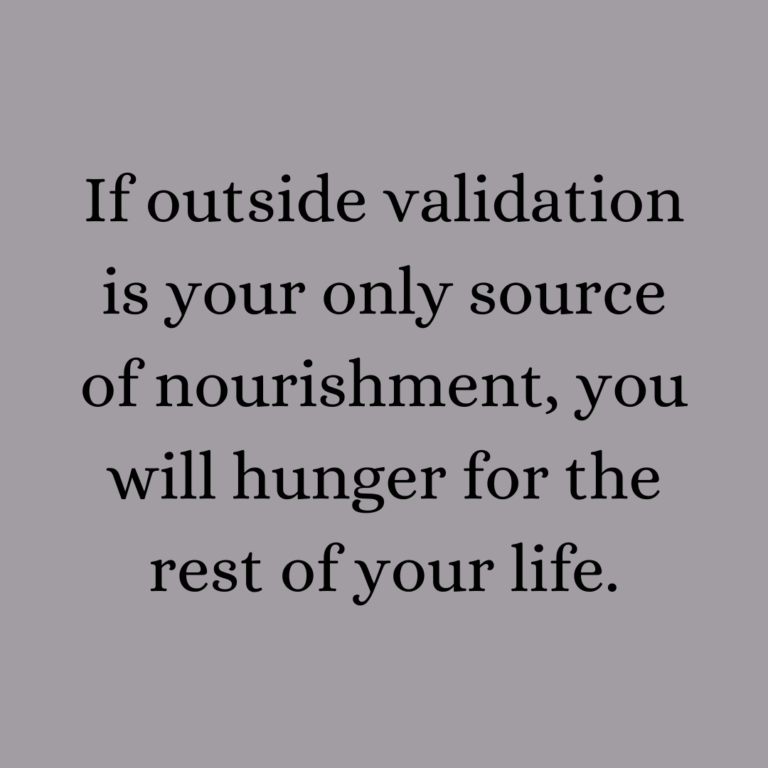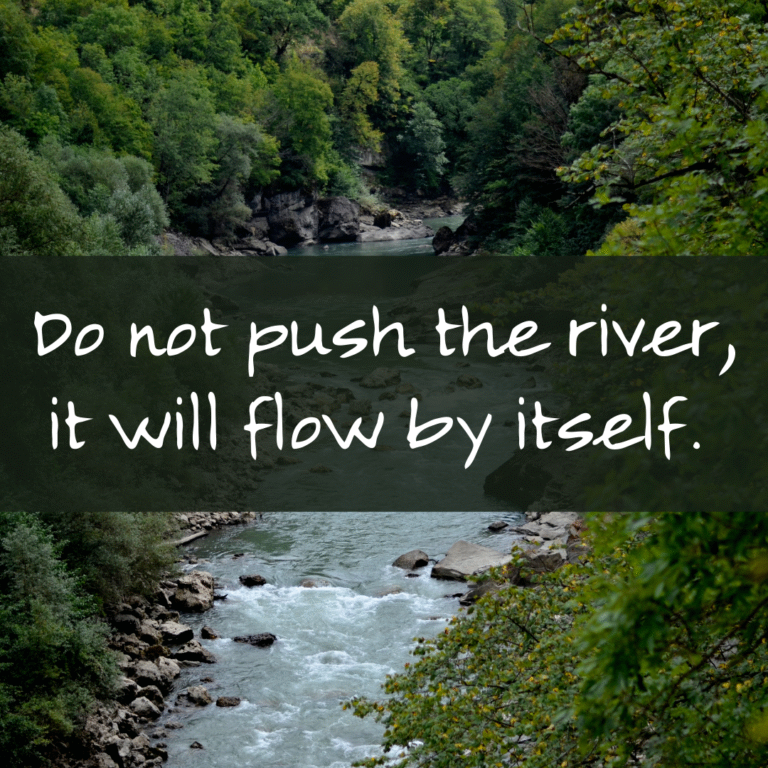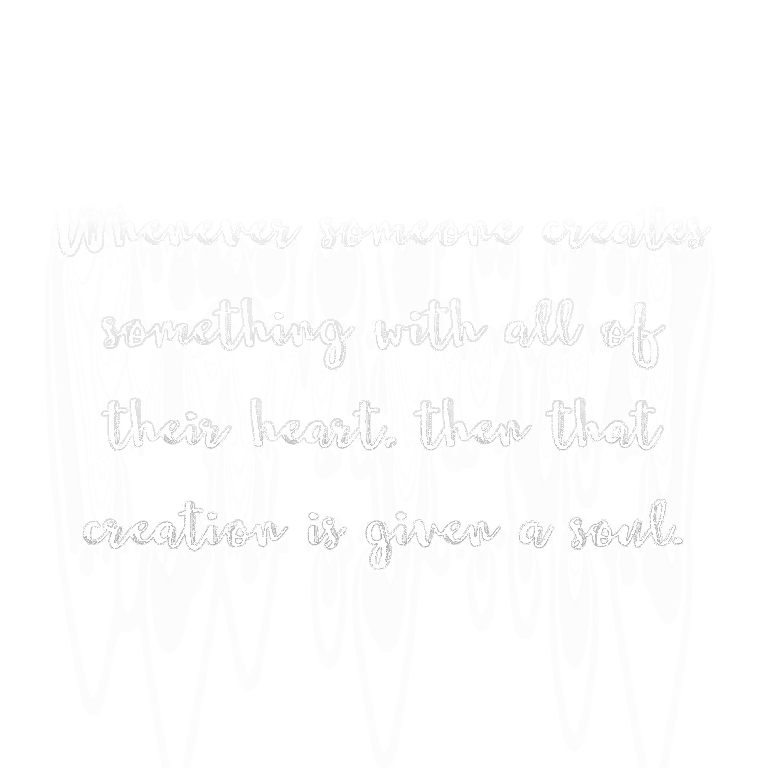If outside validation is your only source of nourishment, you will hunger for the rest of your life.
Your boss has feedback on your presentation, and your stomach sinks. Your boyfriend doesn’t react to your new haircut the way you expected him to. Your guests don’t compliment the meal you made them, and you feel like you failed.
This is the length we go to for external validation. We all crave to be liked. Humans are naturally social creatures, and we are programmed to crave approval from the people we are surrounded by. We like to be praised, accepted, and liked. However, when this goes too far, we develop an external mental point of origin. I talked about my own journey struggling with this in a previous post.
The problem with the constant need for external validation is two-fold. First, someone who is always craving external validation allows themselves to be defined by others. This means that if someone has a positive opinion of you, you think you are great. On the other hand, if someone has a negative opinion of you, it can lead to feelings of unworthiness and low self-esteem. And believe me when I tell you that this can become a vicious cycle.
In addition, the focus on external validation means that you need other people’s approval and validation to feel pleasant emotions. And when you don’t get them, you feel like something is wrong with you, resulting in loneliness, shame, guilt, anger, anxiety, or a host of other painful emotions that can spiral into negativity.
So how can you stop relying on external validation?
1.) Stop comparing yourself. With everyone posting highlights from their lives, it can often feel like we aren’t pretty enough, rich enough, cool enough, or just good enough. Social media is a breeding ground for comparison, causing us to further seek out external validation.
Rather than scrolling and comparing yourself, get into the habit of appreciating yourself and being okay with the way you and your life is. Remember, nobody is perfect. Nobody’s life is perfect, either. Take everything you see with the knowledge that you are only seeing the highlight reel of someone’s life that they have curated for the world to see.
2.) Be grateful yourself. Practicing gratitude is a good habit. Numerous studies have proven its benefits, religious teachers and psychologists swear by it, and it’s part of every self-help guide. However, how about being grateful for qualities that you possess? Celebrating yourself is a big part of reducing your need for external validation and learning how to validate yourself. Take note of what you did well, things you are proud of, good choices you made, or what you love about yourself.
While it is healthy to praise yourself and give yourself credit, don’t take it too far, either. Learning how to validate your strengths and being honest about your weaknesses pave the way for a balance of believing in yourself and allowing yourself to push out of your comfort zone to grow.
3.) Ask yourself what you need. Sometimes we are the harshest towards ourselves when we need our own compassion the most. When you feel low, emotional, or down, rather than punishing yourself for feeling bad, ask yourself what you need. You might just need a nap, a walk to feel refreshed, or a moment to cry. Whatever you need, let yourself have it without judgment, regardless of what you did or didn’t do before. This is a key aspect of validating yourself and acknowledging your needs as important.
4.) Validate yourself. When you find yourself looking for someone else’s approval, whether it’s a compliment for your new outfit, or someone to tell you “good job” on the decision you made, ask yourself, “what do I hope that person tells me?” Then, instead of waiting for someone to give this validation to you, tell it to yourself! External validation is a common issue that most of us deal with. However, it can become unhealthy when the need to be liked and accepted by others becomes a need. If you find yourself craving someone else’s approval, try these tips out to practice relying on yourself.








